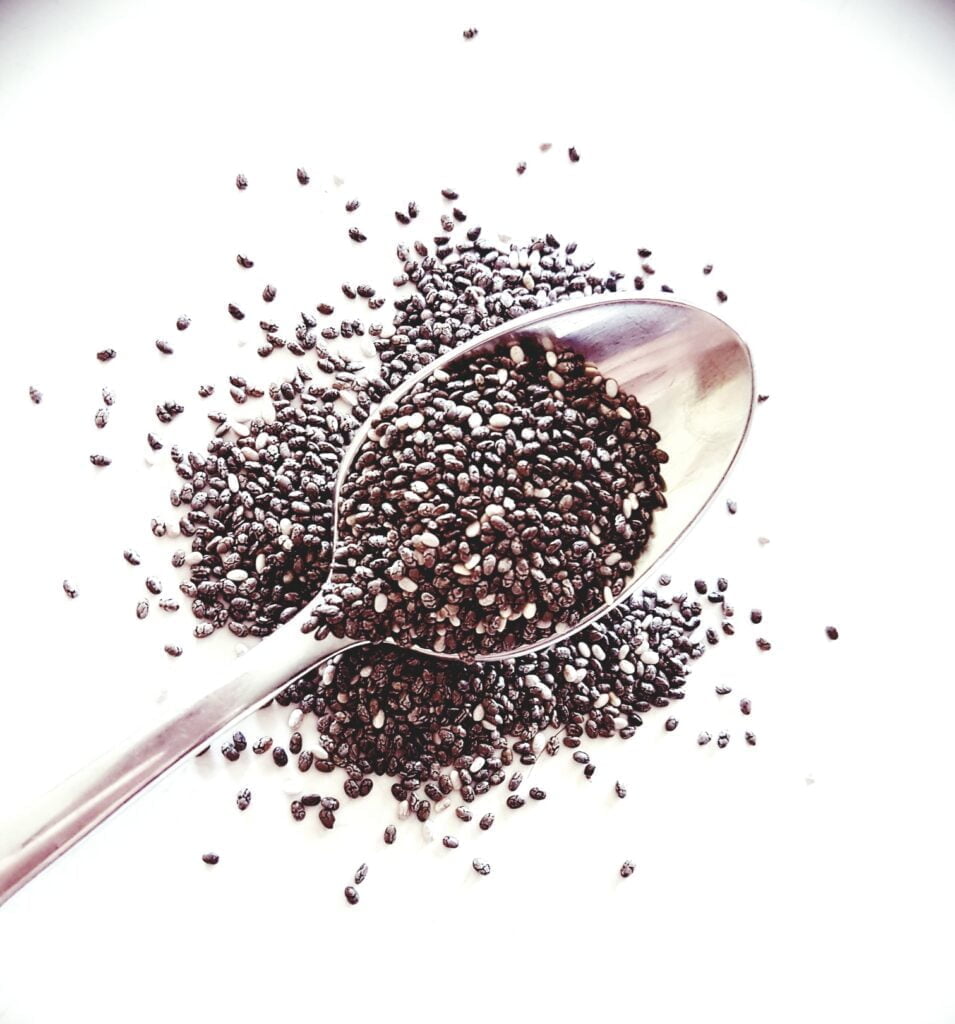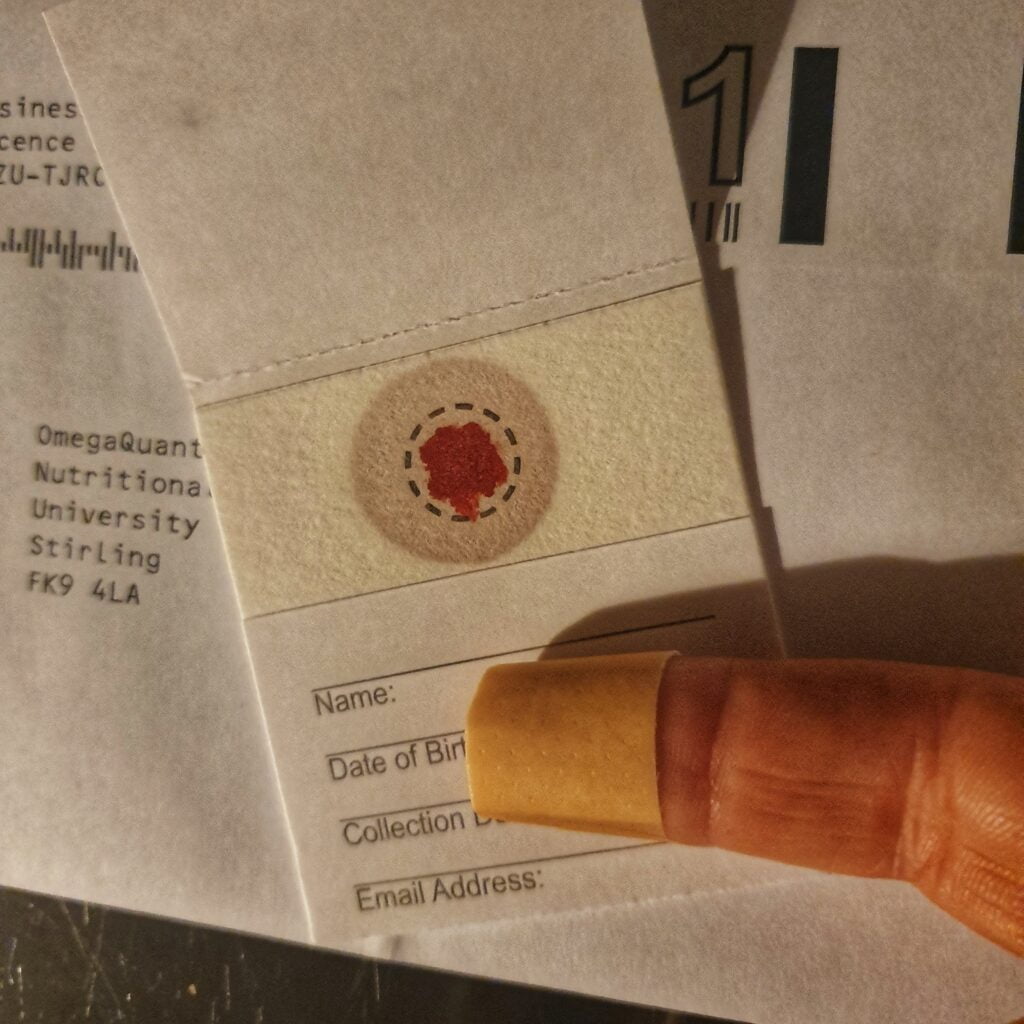What is Omega-3?
No doubt you’ve at least heard of Omega-3, but what is exactly is it and why is it important? Omega-3 fatty acids are important fats that you must get from your diet, because your body cannot produce them on it’s own. Common foods that are high in omega-3 fatty acids include fatty fish, fish oils, flax seeds, chia seeds, flaxseed oil, and walnuts.
Two important omega-3s, DHA and EPA, are found mainly in oily fish including salmon, mackerel and sardines, but you don’t have to miss out if you don’t eat fish – linseeds, pecans, hazelnuts and walnuts are rich in another form of omega-3 called ALA, which gets turned into DHA and EPA in your body.

Why we need Omega-3
You’ve probably heard that omega-3 is good for your joints, brain and heart, but there are other benefits to this essential fat too.
It can help you sleep better, it can soothe your skin, it can lower your blood pressure, it can boost your memory, and it can ease PMS.

The challenge
I’ve been working with Bioglan Supplements UK to take on their Bioglan Omega-3 challenge.
This challenge involved a simple blood test, performed at home using a finger prick kit. The results were sent off to a lab to analyse. I then began taking a two month trial of their Bioglan max strength Red Krill Oil supplement, a daily supplement. At the end of this period I repeated the test at home and once again sent off the sample for testing. The idea was to see what the change had been, if any in my Omega-3 levels.

About the supplement
Bioglan Red Krill Oil contains pure, sustainably sourced Krill Oil from the pristine waters of the Antarctic Ocean, in high concentration, to give a number of health benefits which include supporting heart, brain and eye health.
When we take normal fish oil our body first has to break it down before it can be used, but because Red Krill Oil is bound to phospholipids, our body easily recognises it and absorbs it much quicker; so we get more health benefits faster. This is also why we guarantee no fishy aftertaste or reflux!

Bioglan Red Krill Oil is a pure source of Omega-3 providing highly absorbable phospholipid bound Eicosapentaenoic Acid (EPA) and Docosahexaenoic Acid (DHA), phospholipids, Astaxanthin and choline.
The results
So, after the first blood test my Omega-3 levels were shown to be 4.7%. The desirable level is between 8% and 12%, so I was well below this. I was surprised by this as I have taken fish oil supplements for years and I also eat fish, and chia seeds regularly.

After the two months of Red Krill Oil, my bloods showed my Omega-3 levels are now 9.3%, a significant difference from two months ago and now well within the desirable range.
I’m really pleased to see the change and I’ve found it an interesting process, but the main thing I have learned is that the quality of the supplements you take is really important to how effective they are.
This is a collaborative post.

